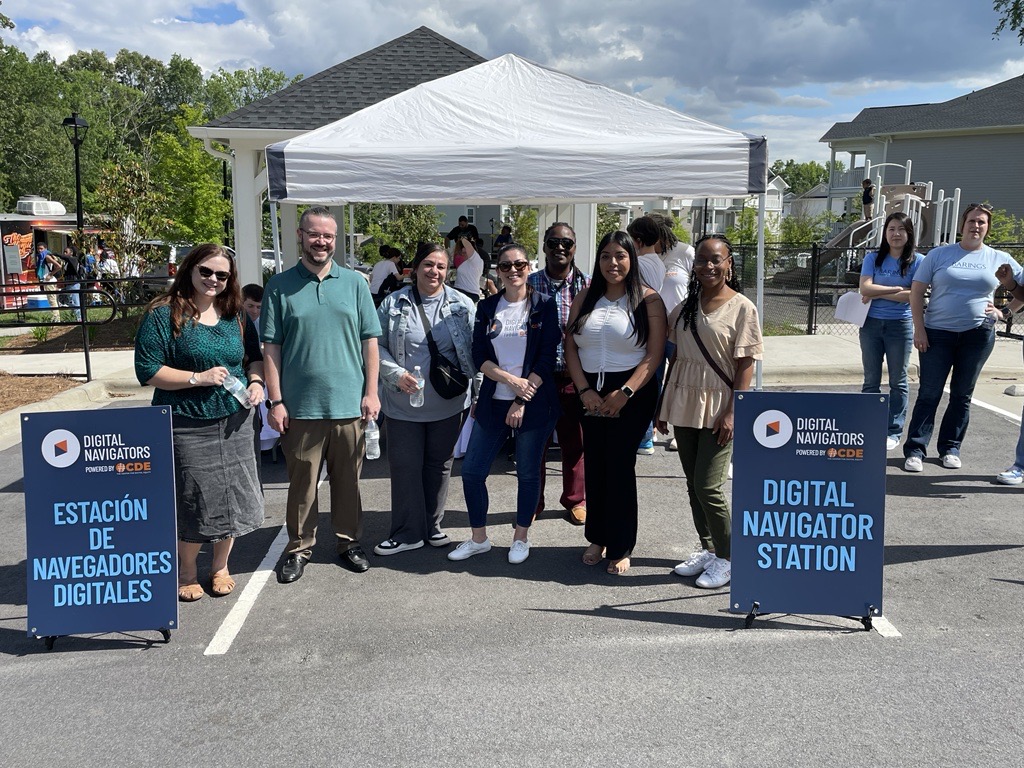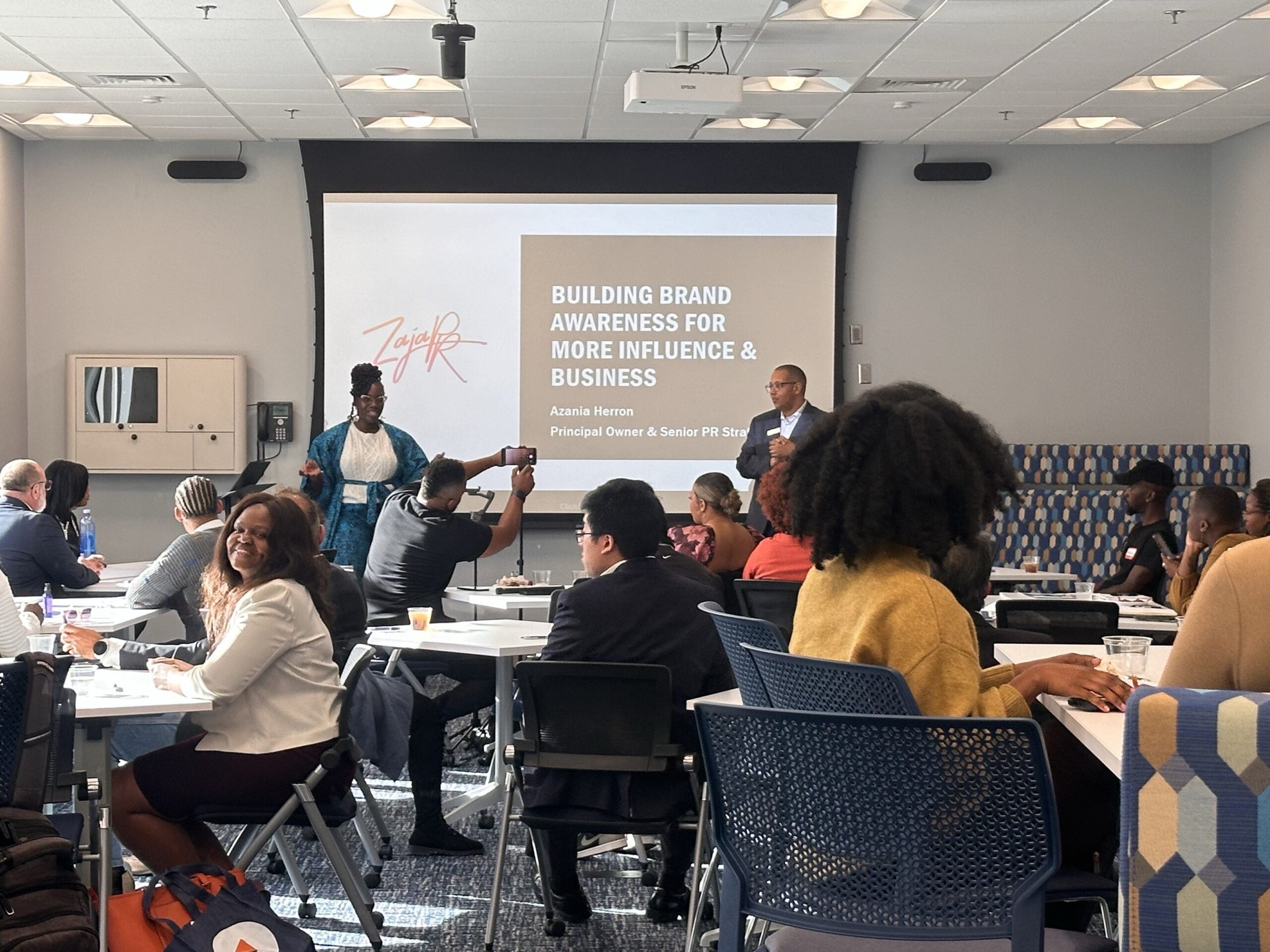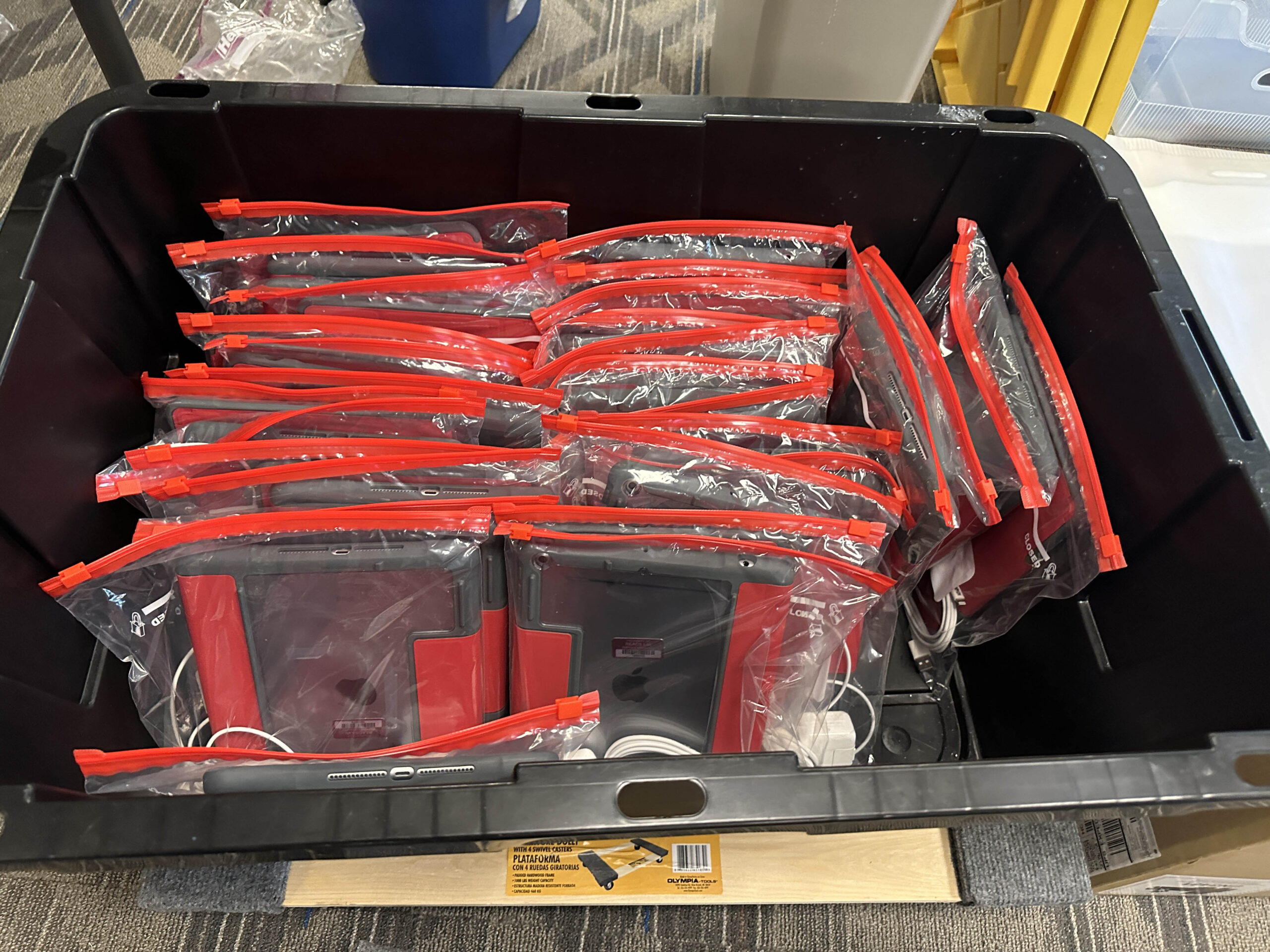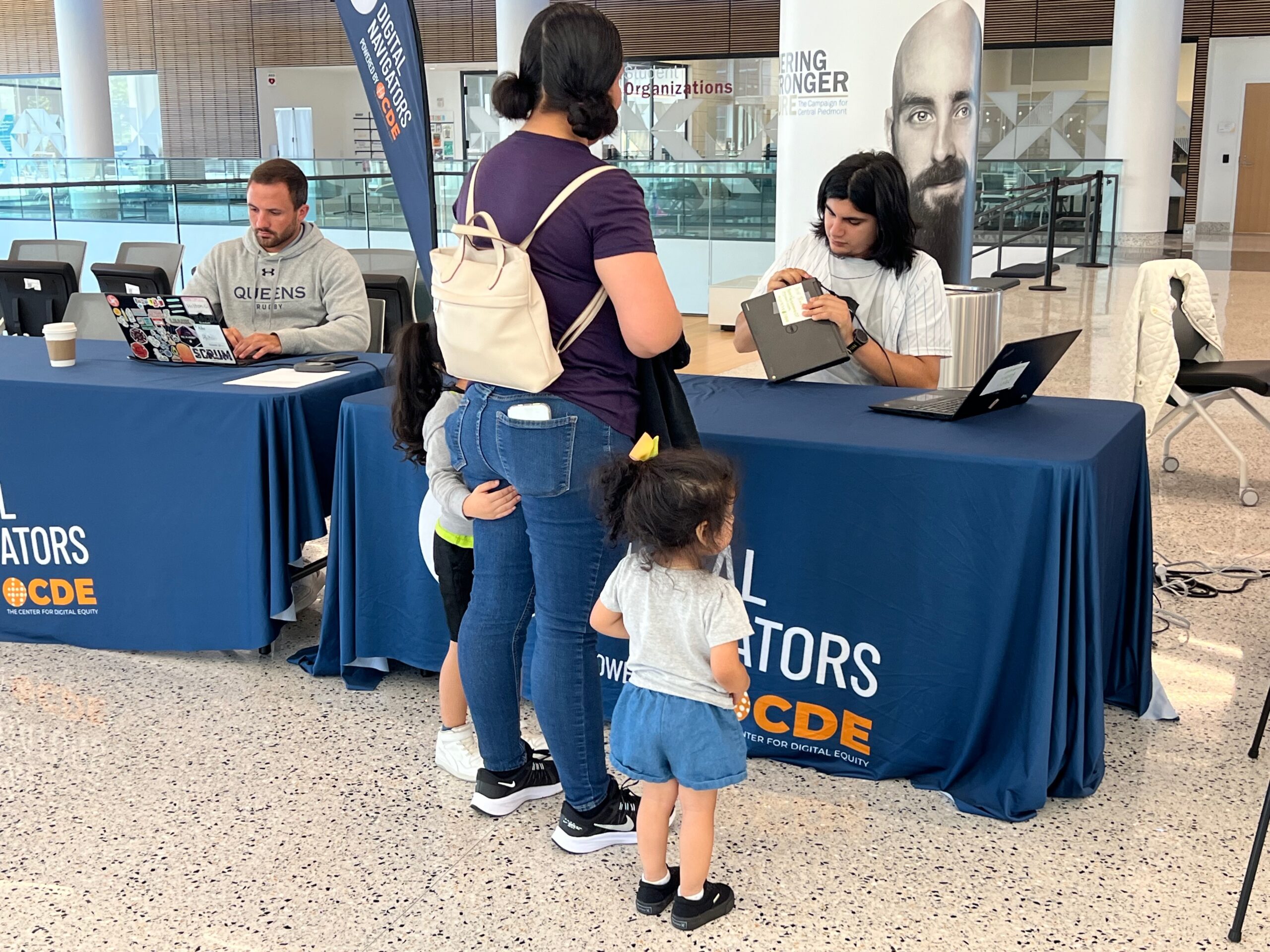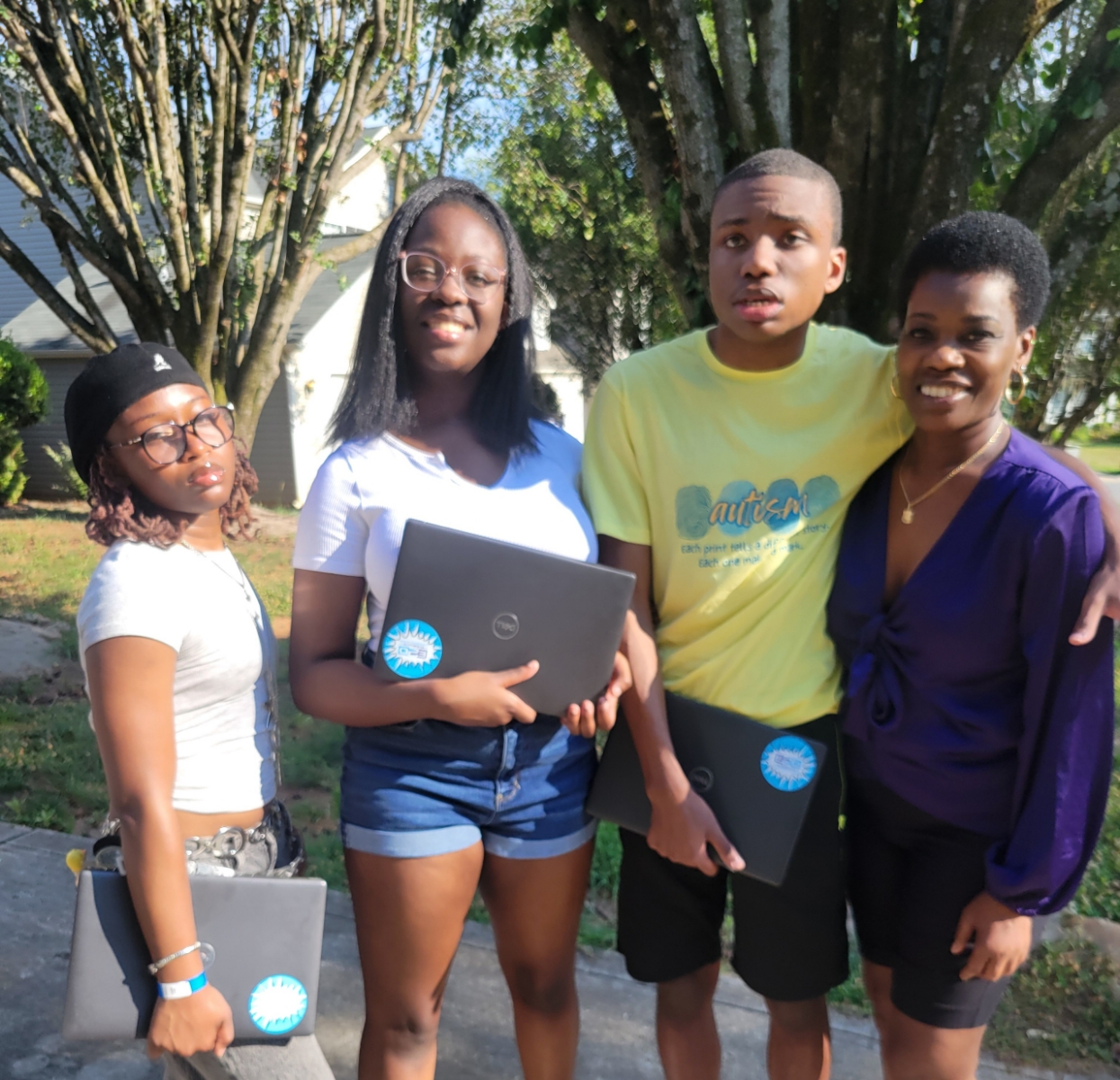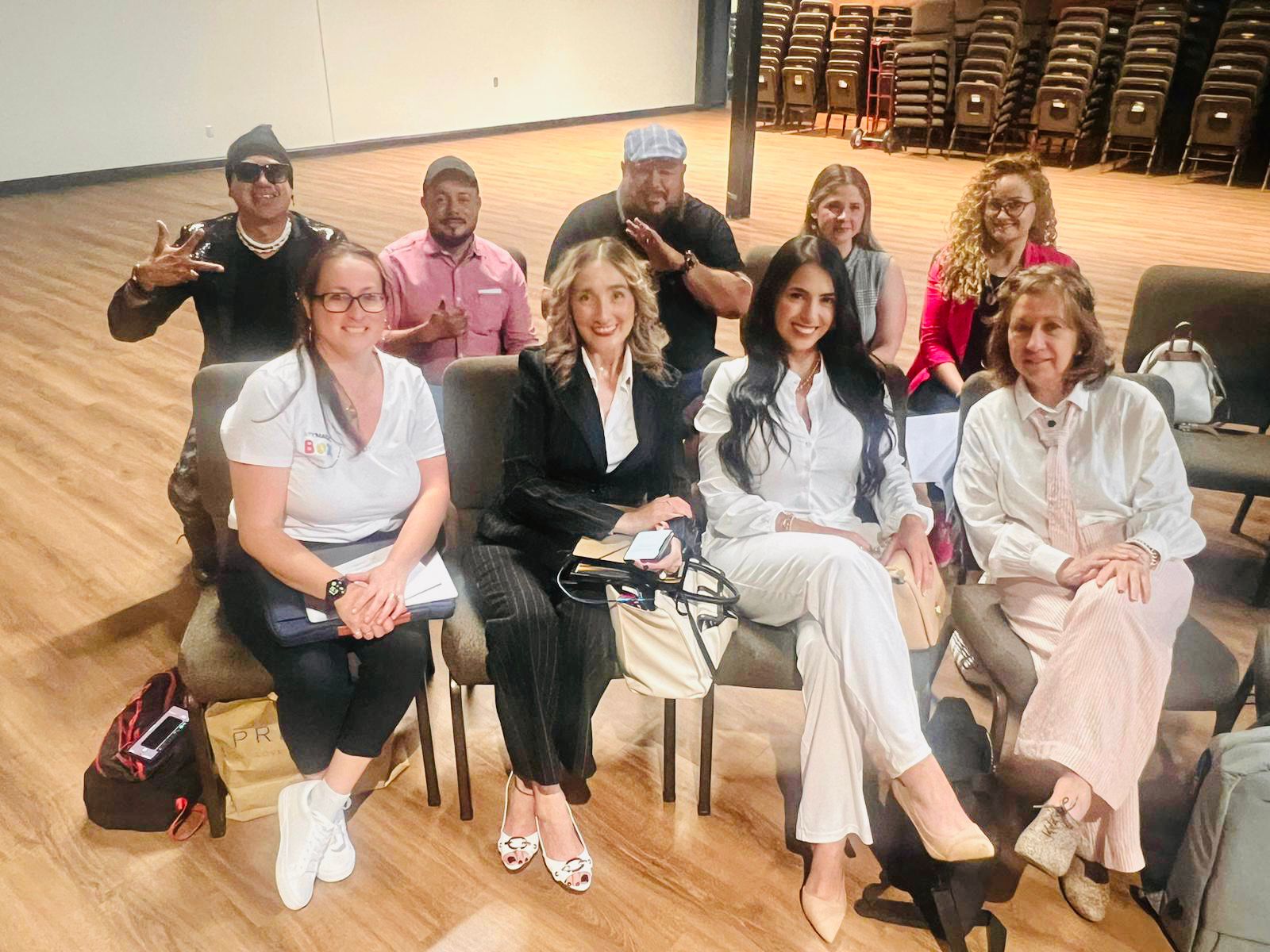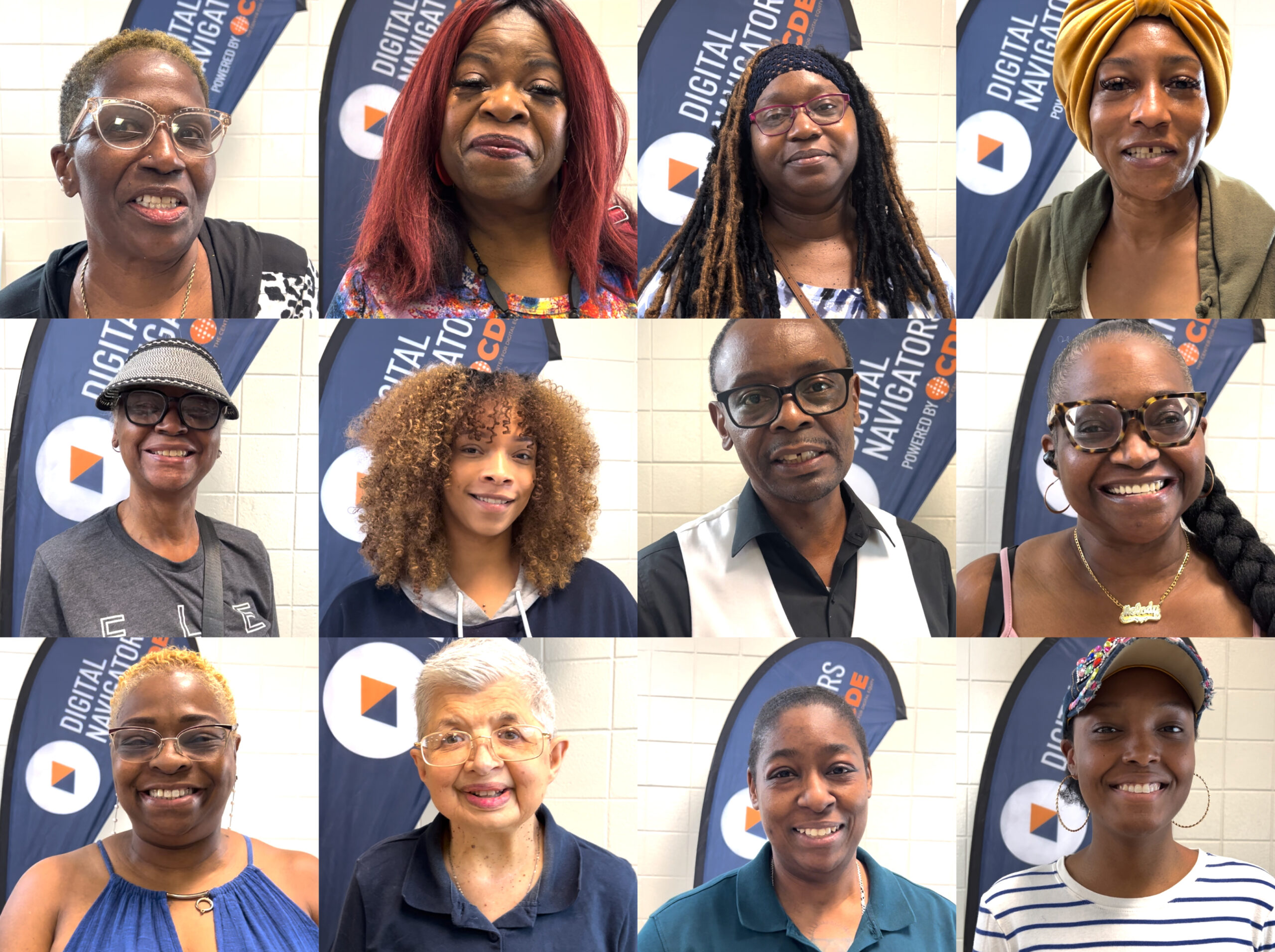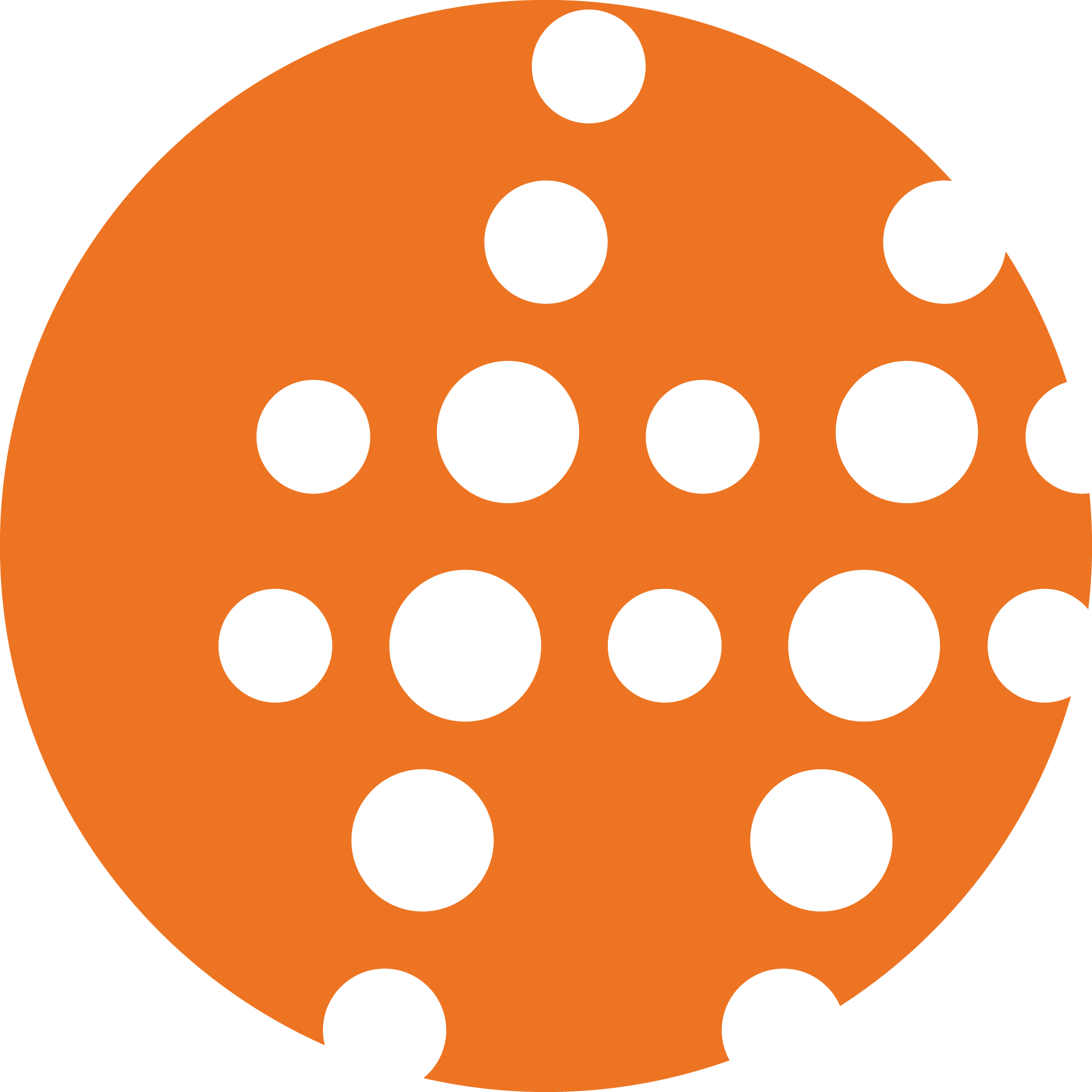
Impact Story
The latest about digital inclusion in Charlotte and CDE’s direct impact
Many of us take getting connected to the internet for granted. The same for finding other basic resources that we need. But for thousands of residents in North Carolina, things are not so simple…even when help is abundantly available.
Luckily, organizations like the United Way are ready to step in with simple, centralized solutions—like NC 211. Their ability to go beyond their original focus services of referring individuals to health and human services, and to incorporate a foundational service of digital navigation, is a testament not only to the importance of being connected, but of the CDE’s approach to preparing navigator’s for this kind of role.
NC 211 is an information and referral service provided by United Way of North Carolina. Families and individuals can call 2-1-1 or 1-888-892-1162 to receive free and confidential information on health and human services within their community.
Many of the resources that the United Way connects residents with are ones that we typically think of as public resources: Basic needs (food, shelter), health care, legal services, and so on. But it became apparent to those working at the state level that the 211 service would also be a good way to get out the word about the Affordable Connectivity program (ACP). The ACP allowed thousands of people across the state to enjoy low-cost or no-cost internet access. Thus, the United Way began to hire a “digital team” to reach out and encourage enrollment in the program.
One of the models here was a similar service (311) already in place in the Charlotte area/Mecklenburg county. Because of that program’s success, the state brought together the CDE and the United Way so they could further collaborate on the service.
Things did change with the loss of funding for the ACP. Without those additional funds, some residents have been scrambling to find other low-cost options for internet access. And the digital team realized that they needed to shift focus. But by this point, the United Way was already seeing potential in the CDE’s Digital Navigator program.
Enter Ryan and Yvonne, two of the seven United Way employees who received training as Digital Navigators. Their work exemplifies how digital navigation services and training are helping to augment the fantastic work already being done by other organizations.
Profile: Ryan Francis and Yvonne Gonzalez
Ryan and Yvonne are two of seven United Way employees who completed the CDE Digital Navigator training and who are bringing much of what they learned to the United Way of North Carolina.
Ryan had formerly been a paralegal with Legal Aid of North Carolina. With a background in both programming and sociology, Ryan saw work on digital inclusion as a way to combine both his passion for technology and his more humanitarian desire to help others. This led him to a role with the United Way’s digital team, whose order of business was to help enroll people in the ACP. When the ACP funds dried up, he began looking for alternatives to help the people of Mecklenburg county.
“I have been looking at different digital navigator models and programs over the past few months. I wanted to see what kind of digital inclusion work they were doing, get a feel for how their programs work, and what I could implement here at the United Way” explains Ryan. “What was cool is that we got to have a look at three different facets of the work that CDE is doing in the digital inclusion space— the over-the-phone support, the office hours, and the device distribution.”
What was cool is that we got to have a look at three different facets of the work that CDE is doing in the digital inclusion space— the over-the-phone support, the office hours, and the device distribution.
Ryan Francis, United Way
For her part, Yvonne had been with the 211 resource team for some time, racking up experience with the United Way’s call center for specialists. There, she was already helping residents connect with the resources they most needed.
From there, she decided to take the leap into the world of digital navigation, learning about digital equity and the resources available to people. “I enjoy helping people and finding resources for them, because that’s what I do on a daily basis anyways with my family,” says Yvonne with a slight laugh. “There are all these resources that can help people—working with them to get internet, guiding them to computer classes for digital literacy…just getting them where they need to be and helping out.”
I enjoy helping people and finding resources for them…There are all these resources that can help people—working with them to get internet, guiding them to computer classes for digital literacy…just getting them where they need to be
Yvonne Gonzalez, United Way
Yvonne says that she already knew of some resources that she could point people to when they dialed 211, but that her work to become a digital navigator taught her so much more.
“When you’re giving this information out to the people, they call and they’re assuming that it’s an instant thing—that they’ll get connected, just like that,” says Yvonne with a snap of her fingers. “So we have to explain, ‘Hey, it might be a while until you get [connected].’ But we can guide them through the process, and we have all these other resources that we can connect them to.”
The CDE provided the first round of training on the ACP, as we were one of the lead organizations with experience with theis program, as well as one that had received a Your Home Your Internet (YHYI) federal grant. Once funding for the ACP ran out ahead of its anticipated schedule, this team again looked to us to do a “foundations of digital navigation” training. This provided a base-level training to Digital Navigators at United Way, with a new focus on providing more holistic support. This training included shadowing our own Digital Navigators and seeing them in action.
Digital Navigation via NC 211
Today, it is possible to call the United Way’s NC 211 number and select an option to be connected to a digital navigator. From here, residents can find out about ISPs that have low-cost plans for eligible households, digital literacy classes, and much more.
But truly, the heart of the 211 program is connection. “So many people call saying ‘I want this’,” explains Yvonne. “But we get talking with them, and they start to trust us. Then they just start opening up.
“A lot of these people just need someone to talk to. They need to know someone is in their corner.”
Digital navigators are able to guide residents to the resources they need to bridge the digital divide. As long as there are people like Ryan and Yvonne willing to fill that role, residents do have someone in their corner, and who can help them through what could otherwise be a daunting process.
